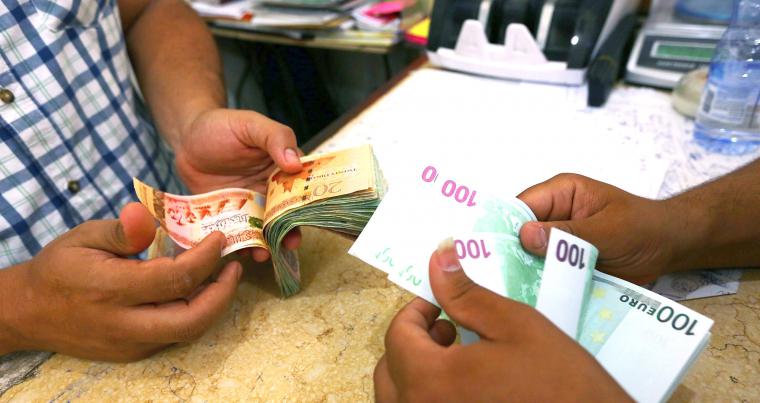Met with a growing loss of foreign currency and mounting pressure on its economy, the Algerian government has intensified its crackdown on fraudulent import practices that have long drained its financial resources. This major move is part of an urgent effort to protect the country’s dwindling foreign exchange reserves and restore stability to a struggling economy.
Under the leadership of Kamel Rezig, the Minister of Foreign Trade, Algeria has launched a nationwide campaign targeting illegal practices such as over-invoicing, fictitious imports, and customs evasion. These practices have been blamed for creating a vast parallel market that has significantly harmed the country’s economy and led to the devaluation of the Algerian dinar.
The clampdown has already seen the suspension or revocation of several import licenses, particularly in sensitive sectors such as electronics, agri-food, and pharmaceuticals. These industries, officials say, have been hotspots for import fraud and have been contributing heavily to a structural trade deficit.
According to government sources, a wave of investigations is ongoing to clean up trade channels and introduce more transparency into the import system. The objective is to curb capital flight, which has worsened Algeria’s economic challenges.
To support this effort, a new system for monitoring bank transfers related to imports has been introduced. The Bank of Algeria has also strengthened its oversight role, with stricter rules now in place for financial institutions that handle foreign payments.
Algeria’s foreign exchange reserves have dropped sharply, falling from nearly $200 billion in 2014 to around $45 billion by the end of 2024. This steep decline is alarming for a country that relies heavily on oil revenues for its budget and foreign trade.
The current situation is further complicated by volatile global oil prices, low earnings from non-hydrocarbon exports, and persistent budget deficits. With oil and gas still accounting for the vast majority of Algeria’s export income, the government is under pressure to preserve every dollar it can.
In this context, authorities see the control of illegal import practices as a national priority. “This is not just about stopping fraud — it’s about protecting Algeria’s economic future,” one official said.
The government also hopes that these new measures will encourage local production, reduce dependence on imports, and gradually help in reviving Algeria’s industrial base.
Analysts note that Algeria’s economic strategy is entering a phase of stricter regulation and fiscal discipline. There is a growing demand for transparency and accountability, especially regarding the use of foreign reserves and the management of the trade system.
While businesses have welcomed efforts to clean up the system, some importers have expressed concern about the speed and scope of the changes. They say that legitimate importers must not be punished along with those who abuse the system.
However, the Ministry of Foreign Trade insists that only those involved in illegal activities will be affected. The goal, it says, is to create a cleaner, fairer trade environment that benefits the country in the long run.
As Algeria moves forward with these reforms, the success of the campaign will depend on the strength of its institutions, the ability to enforce rules fairly, and public support for efforts aimed at safeguarding the country’s economic sovereignty.
